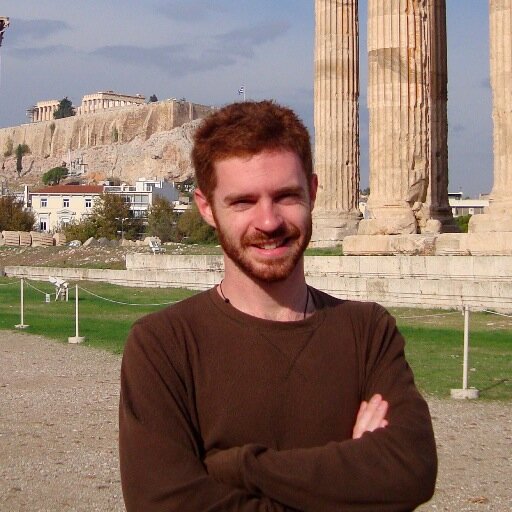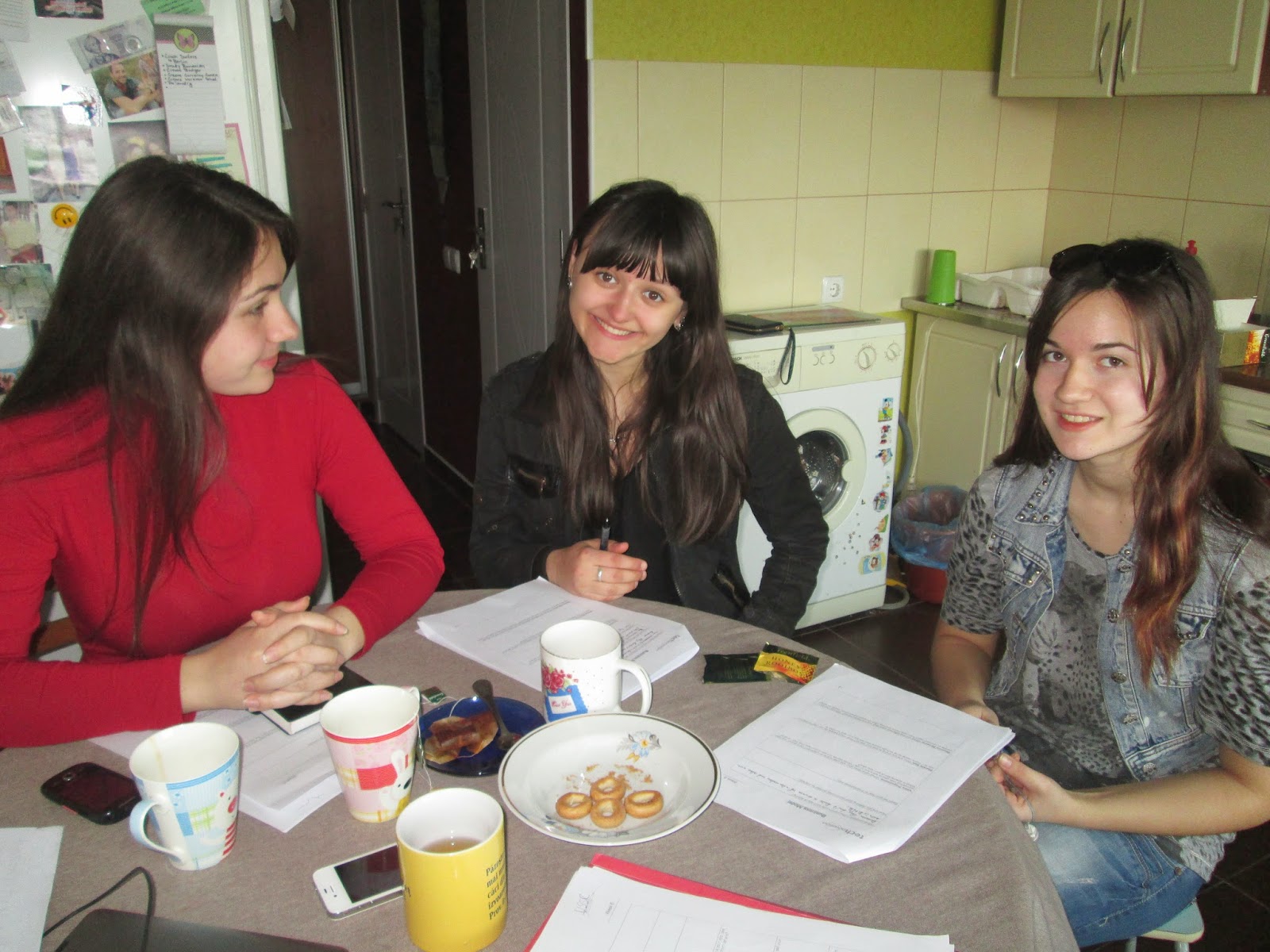I've been pondering what all I have learned and how I've changed here in Moldova. I don't think I will be able to answer this question completely until I look back in months/years to come and realize that it was in Moldova where I learned this and that. But for now, here is a list of closing thoughts as I COS:
- I count my greatest successes from the smallest, consistent interactions with people. Peace Corps might report my successes in that I have shared or changed a certain number of skills, attitudes, and/or knowledge for a certain number people through x, y, and z activities. But what I care about more are the regular interactions that cannot be measured for their strengthening of friendships, increase of smiles, and growth of all around peace and love in the world. (Spoken like a true PCV!!!) Mother Theresa was right: "Not all of us can do great things. But we can do small things with great love." That's what I've striven for in Moldova. In the end, I have been given much more in Moldova than I've given back.
- I'm extremely blessed to have been constantly surrounded by really good people in my life. The integrity, honesty, trustworthiness, and friendliness of people in my hometown, of my friends and family, and of former colleagues are priceless virtues which I unfortunately didn't always see in my journey her. And that's a bit heartbreaking.
- What I'm most passionate about
- I always did know I'm passionate about agriculture, but Moldova has given me the unique opportunity to be in a strongly agricultural zone with not so many agriculturally-mind people from the West like me. It's been clear since probably the first week of training that I am a farm girl through and through and will always have an affinity toward the subjects of rural life and farming.
- Winemaking- I've had the chance to work on a couple wineries here, and I can say I just love this art form and the science behind it. It's hard work. It begins from the deep dark earth under our feet. And it produces a beverage that can tell a thousand stories, even before you finish a glass! Wine from around the world can tell you about the history of that unique location.
- Business development in general. I have become and will remain a Lean Canvas advocate! I have learned a lot about business model development and hope to put it into practice in the coming years.
- Ending poverty globally through agricultural development is a topic that really motivates me. My roommate saw me reading 40 Chances by Howard G. Buffet and Howard W. Buffett and knew by my intensity of reading it and commenting on it that the issues they try to tackle are topics of great interest and inspiration for me. If you haven't read it, do it! The Buffet's focus their efforts on improving the standard of living and quality of life for the world's most impoverished worldwide largely through developing local rural/agriculture systems. They also ask the question of how you personally can make a positive difference in the world by framing your life as if you had just 40 chances of impact (for farmers, like 40 growing seasons).
- Working with youth is something I truly enjoy when in the context of a rather loose non-formal educational curriculum with participants who want to learn.
- Things I will miss
- Friends and family that I have here. So very much I will miss them!!!
- Always making a good story and a happy memory in a place like Causeni, Moldova
- Speaking Moldovenește
- Mamaliga
- Moldovan hospitality, however annoying it can be sometimes and how unappealing it now appears on my hips (eat! eat! eat! drink! drink!)
- Things I'm happy to leave behind
- Public transportation. I can do without hot, smelly rutieras in the summer and carrying my bag everywhere and always waiting on buses (although I'll be doing some of that in the coming weeks).
- Smelly people, alcoholism, and smoke breath.
- Unfriendly people
- Untrusting or unfaithful companions (in relationships)
- Sexism in your face
- I've learned to travel light(er). I still struggle to master the small purse like most Moldovan women. It's hard when sometimes I will travel out of site for 3-4 days at a time. Emotionally speaking, I've learned to travel lighter by not feeling the weight of my own burdens and others like I'm sometimes prone to do. I've learned to let go (and let God take care of it!) and to instead express gratitude for all that is right and beautiful in my life and around me. Moreso, when things are far from perfect, I have practiced gratefulness by recognizing mere opportunities that I have taken to make a positive difference to someone. Even when the final results might never be seen by me, I'm still thankful for the chance.
- I'm a people person who loves my alone time. I really enjoy getting to know people. I have this strange capacity to befriend about anyone and win them over to the Nebraska farm girl side (each might define this in his/her own way, but the basic idea remains!). After so much social interactions, though, I am in desperate need of time alone: to stop listening and talking, to refocus, to meditate, to run, to cook, to sleep, to read... It sounds rather normal, I know, but it's never been clearer to me than in Peace Corps.
- I've learned what boundaries in relationships mean. Have you ever had friends and family who you loved dearly but all of a sudden felt so much anger, disparity, or resentment toward them without really being able to explain it? Read this book. I think it's changed my life. Fair warning that it's not a thrilling or fun read, but it was worth my time. The lowest points of my service were probably the times when I didn't know at what point to draw a boundary between myself and others. You live and learn, and I'm stronger because of it!
Today I depart on a new adventure. I will be taking a 7 week vacation through Istanbul, the Balkans, Hungary, Slovakia, and Austria. And beyond that? I'll keep you guessing as other potential employers keep me guessing!






















